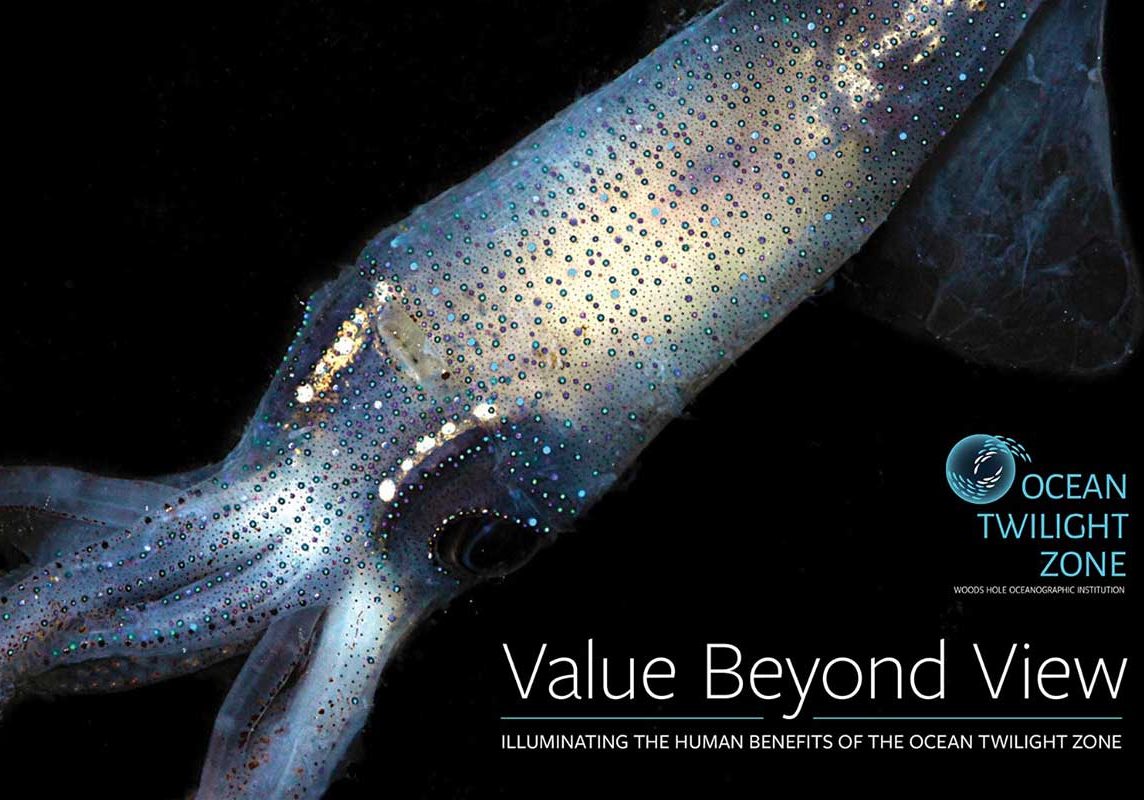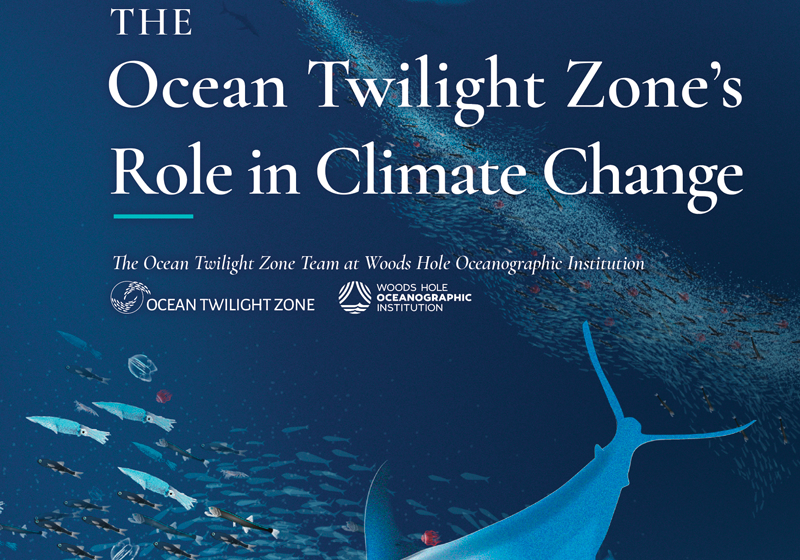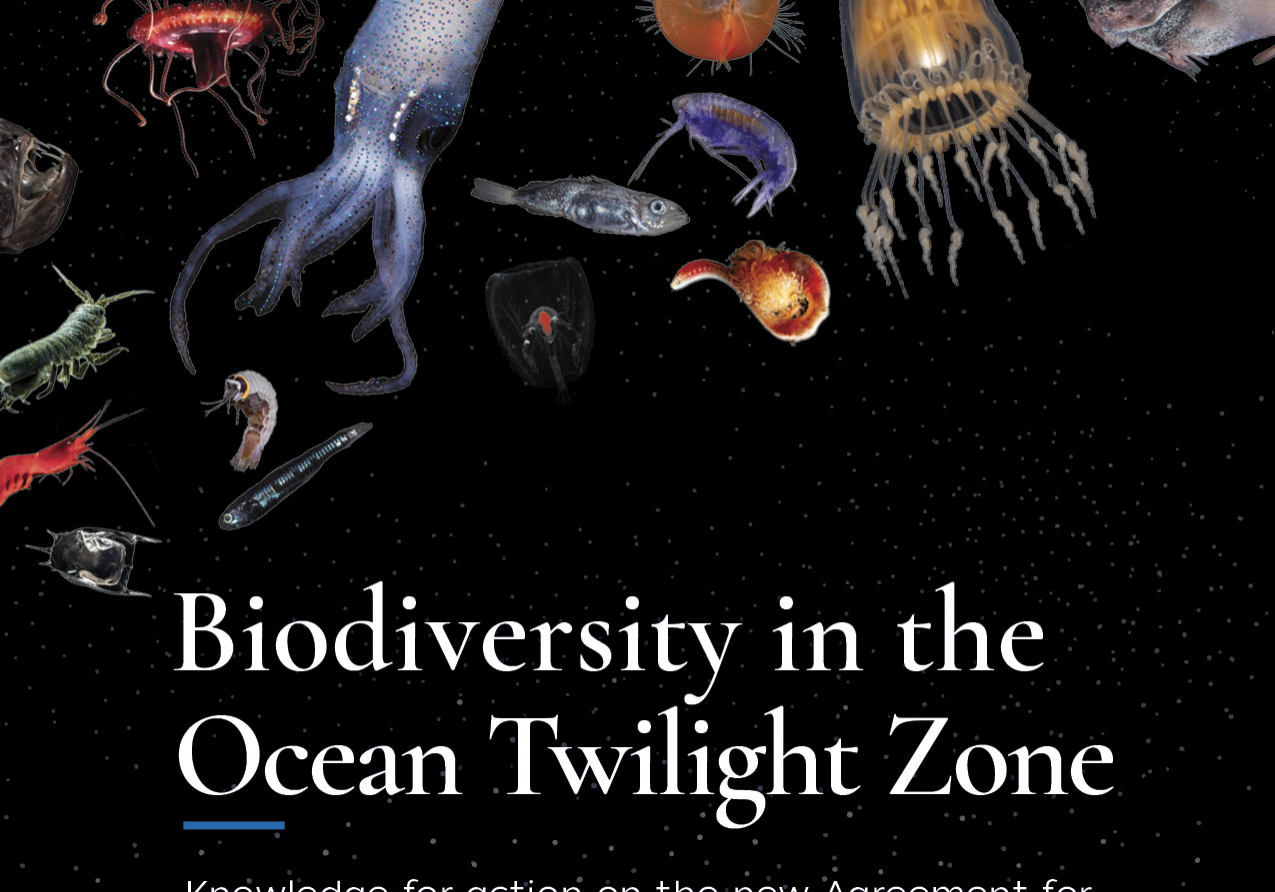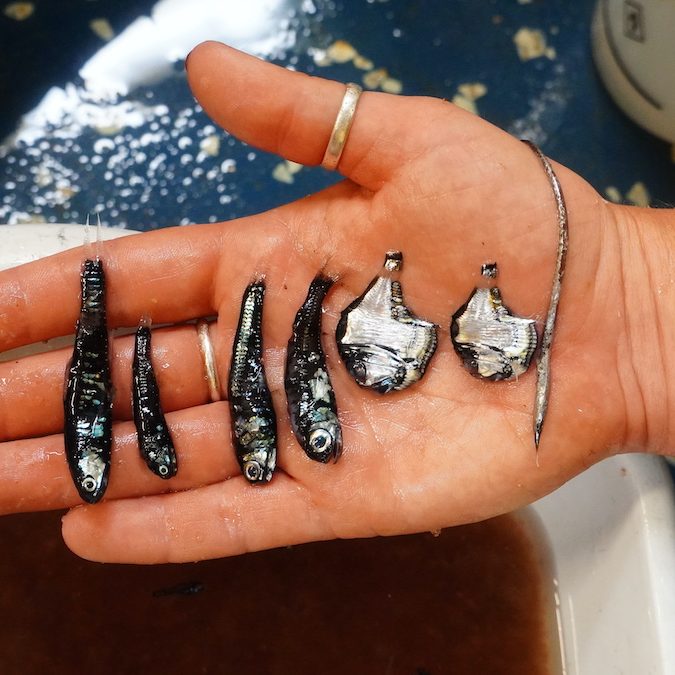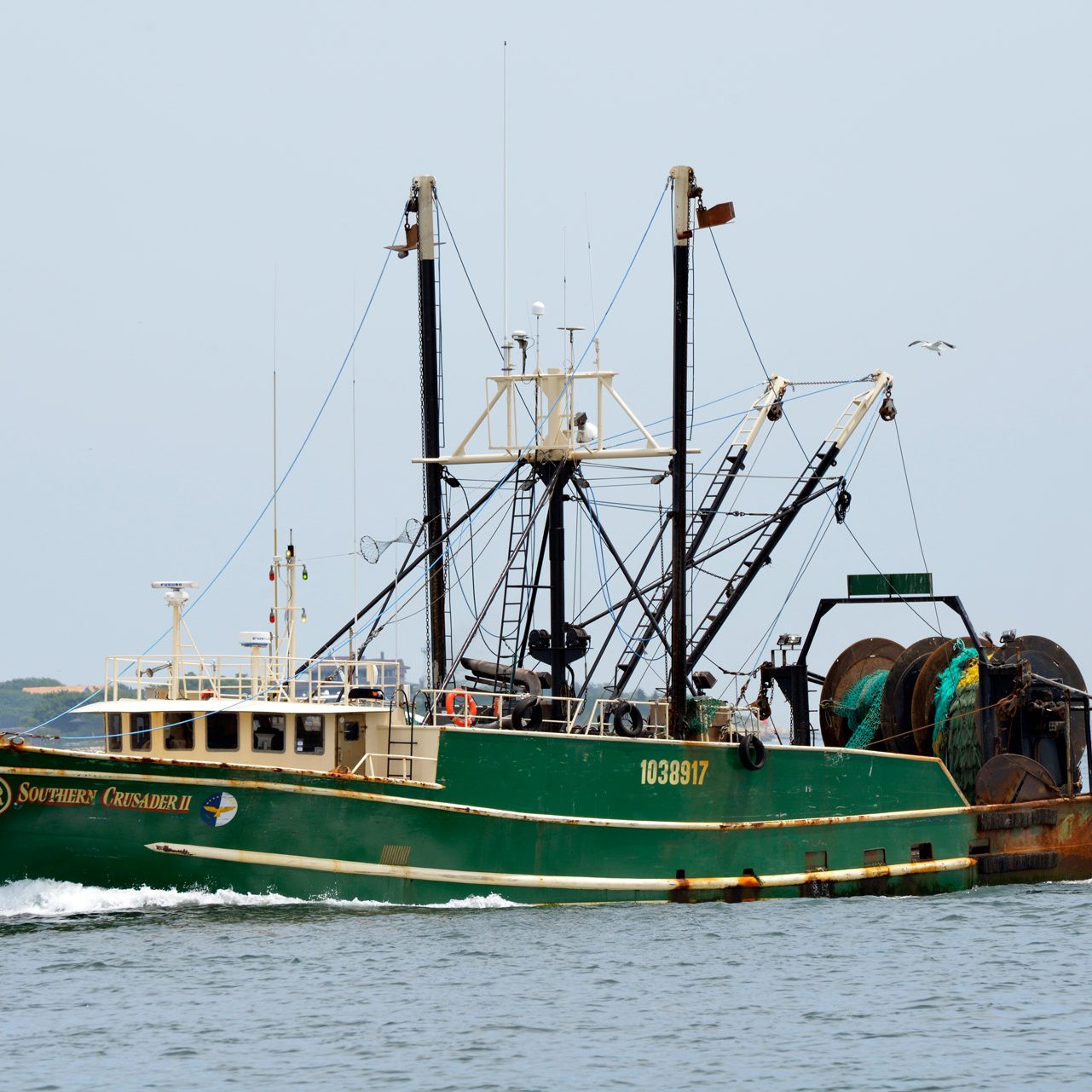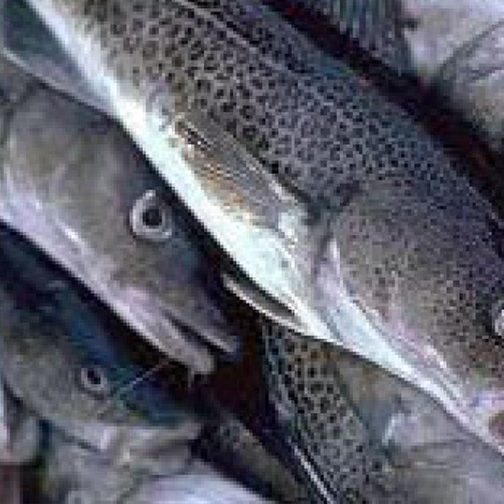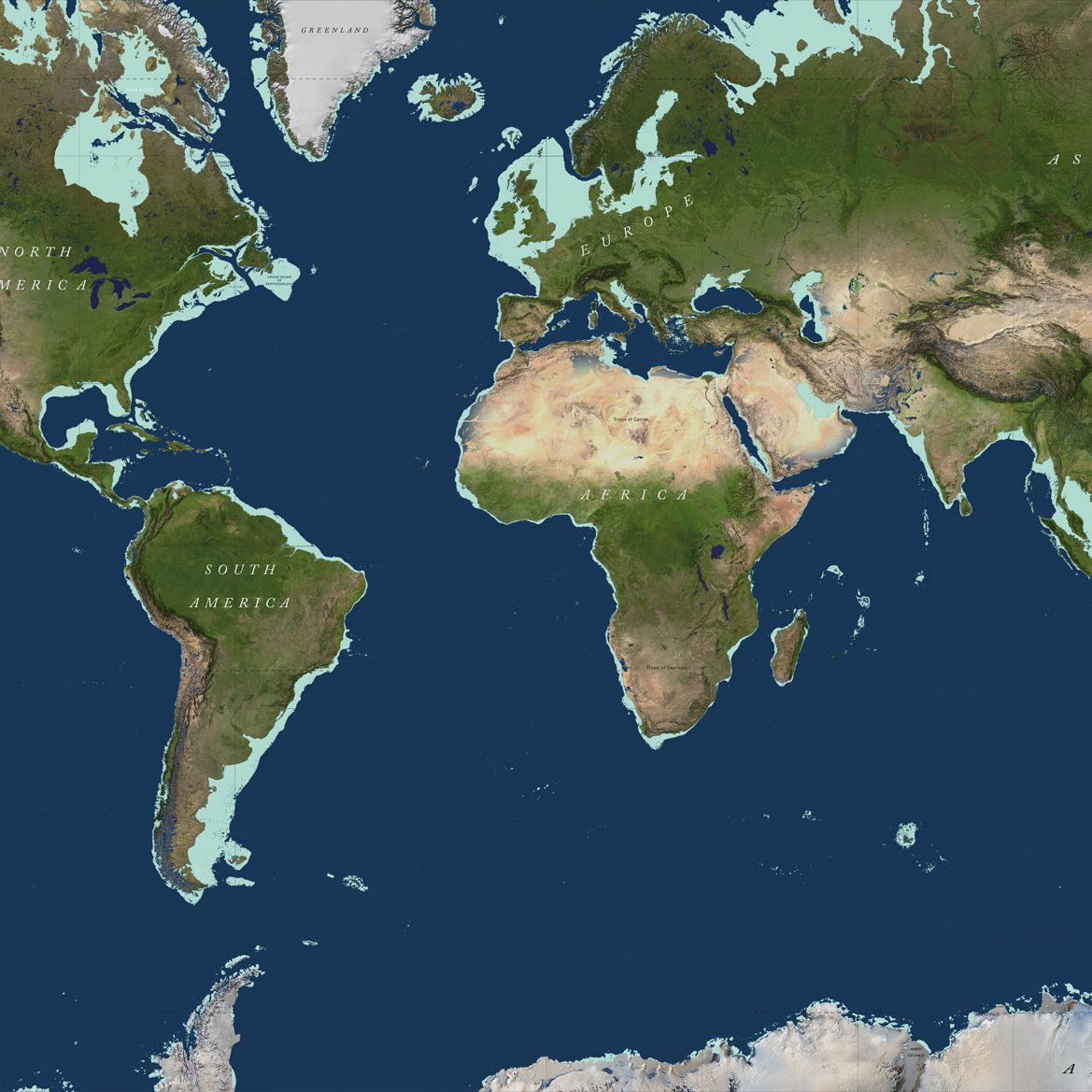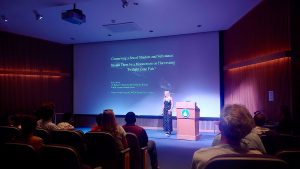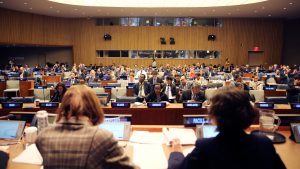In studying the ocean twilight zone, our team has two main objectives: to build new scientific and public understanding of this critical ecosystem, and to help support sustainable policy decisions to protect it in the future.
Improved scientific knowledge about ocean twilight zone processes will serve as an invaluable resource to world leaders and policymakers as they make decisions on ocean and climate-related issues. Improved understanding of the ocean twilight zone will also be crucial for predicting future climate, conserving biodiversity, maintaining healthy ocean processes, managing fisheries, developing appropriate ocean and climate policies, and designating marine protected areas. It will also help to support ocean-based solutions to climate change that are effective, long term, and have no negative ecological impacts.
To that end, our team has worked tirelessly to raise policymakers’ awareness of the ocean twilight zone. We’ve established relationships with key members of governmental agencies, intergovernmental organizations, civil society, and academia, and have helped to ensure that the zone is on the agenda at key meetings, negotiations, and initiatives, including the conservation and sustainable use of marine biological diversity of areas beyond national jurisdiction (BBNJ), UN Climate Change Conferences (COP) as well as UN Decade of Ocean Science for Sustainable Development.
Policy Reports
Why is it important to shape policy now?
The ocean twilight zone plays a critical role in climate change.
Each year, life in the ocean twilight zone helps to transport billions of metric tons (gigatonnes) of carbon from the upper ocean into the deep sea, where it can remain out of the atmosphere for centuries to millennia. This process, called the "biological carbon pump", has a massive influence on global climate—without it, CO2 concentration in the atmosphere would increase by approximately 200 parts per million, significantly amplifying the negative effects of climate change that the world is currently trying to curtail and reverse.
The zone may be under imminent threat.
There is now a growing urgency to understand how human activities, including the commercial exploitation of twilight zone fish, could impact the twilight zone, potentially altering its role in maintaining the ecological health of the ocean. It’s essential to develop a body of scientific knowledge that supports marine policies, ensures ecosystem health, and plans for the sustainable development of twilight zone resources.
Humans have decimated other marine ecosystems.
Human activity has done lasting harm to resources that once seemed limitless. Just a few decades ago, the Grand Banks cod fishery was one of the world’s most productive, with people coming from around the globe to harvest its fish. As the cod population began to decline, attempts at regulation failed and the fishery collapsed. Today, it is not clear if the cod will ever fully recover, even after a moratorium on fishing imposed more than a quarter-century ago.
Few laws currently apply to twilight zone resources.
Much of the twilight zone lies beyond national boundaries, where relatively few laws or regulations apply. Yet the abundance of life in the zone makes it an attractive target for commercial fishing operations. Fishing craft are already harvesting organisms that migrate between surface waters and the twilight zone—every year factory ships are vacuuming up growing quantities of small crustaceans like copepods and krill near the surface, and are poised to begin reaching directly into the twilight zone. Most of what they catch is ground into fishmeal for aquaculture or processed into pet foods or “nutraceutical” oils.
OTZ Policy Updates
Summer of the Ocean Twilight Zone
Growing up near the coast of North Carolina, I gained immense respect for the marine animals I was able to…
The Twilight Zone Begins to Materialize at the UN High Seas Negotiations
Biodiversity Beyond National Jurisdiction second session at the United Nations General Assembly in New York. From left to right; Kristina…







